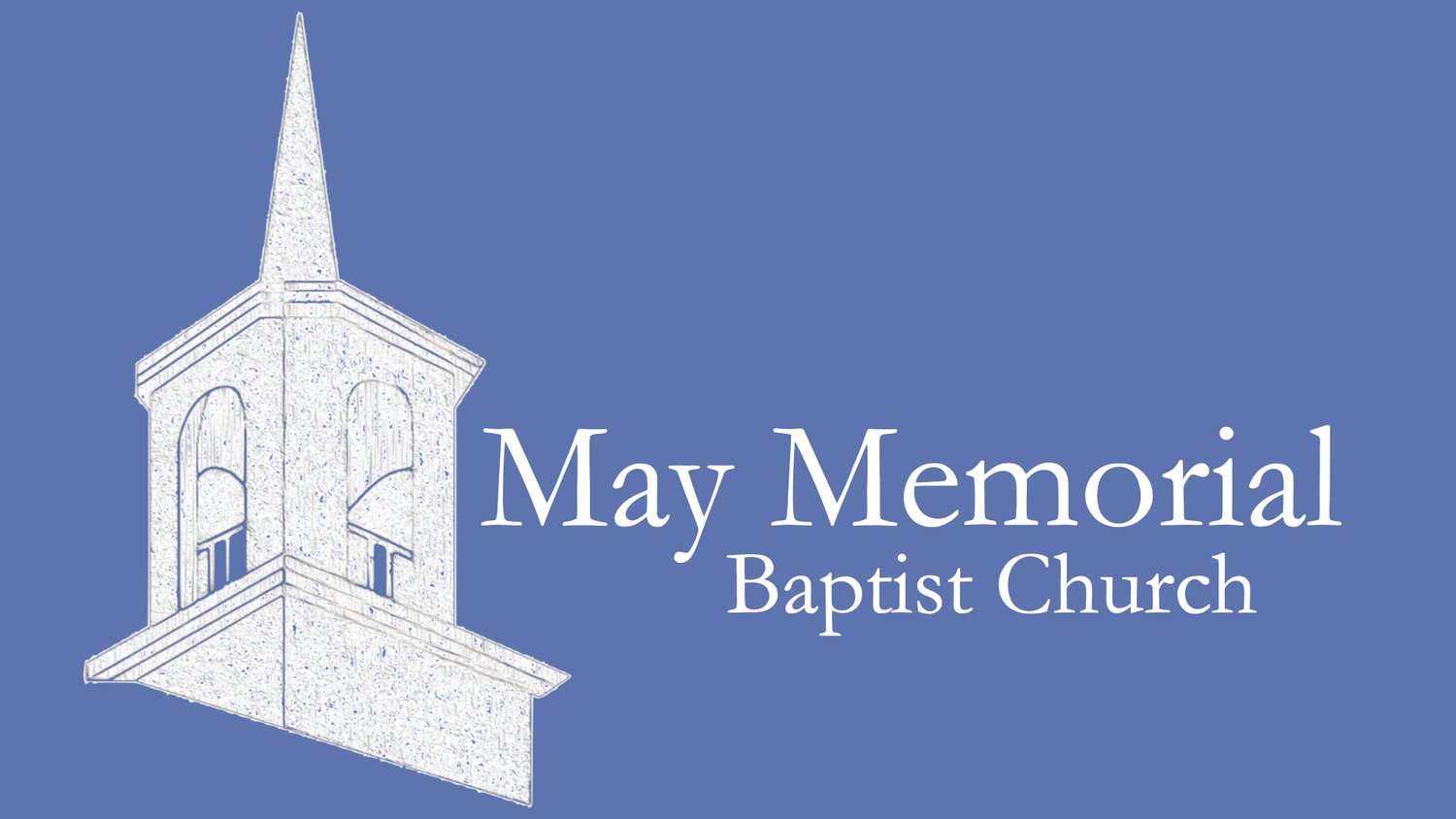Most people don’t have the guts to come to church on Ash Wednesday. It is a day that requires courage. It is not for the shallow or the faint of heart. It is not for those who have been snookered into believing that faith in God is always a feel-good emotional high. It is a day of honest speech, it is a day of unabashed Biblical proclamation, and it is namely about two things that our culture, even Christian culture, would just as soon not mention. Ash Wednesday takes guts, courage, and for those who show up, they find scripture speaking a truth that we all need to hear.
We will have a traditional Ash Wednesday service on Wednesday, February 18 at 6:00 p.m. in the Sanctuary, but then at May Memorial the season of Lent will take a different turn. Rather than focusing primarily on the traditional themes of Lent, these six weeks leading us to Easter will focus on Salvation Stories. We will hear Biblical stories of salvation, like the Israelites crossing the Red Sea, the story of the fiery furnace, Ezekiel’s Valley of Dry Bones, etc. We will also hear Salvation Stories from members of the May Memorial family, how God brought salvation in their lives. It will be a hopeful season leading to Resurrection Day, to Easter.
As a part of the hopeful approach, the Salvation Story approach, we will also end the season of Lent differently. Rather than our normal Maundy Thursday service, we will have a worship experience in which we tell the long story of God’s saving work in the world. A hopeful story. Through readings and music, we will hear the meta narrative of how God works and brings salvation. God offers salvation and new life, and we will throw a party worthy of celebrating resurrection.
I hope for several things. First, I hope you will have the courage to come to Ash Wednesday worship. Second, I hope you will commit yourself anew to worship through this important season, and that in so doing God will reveal how he will bring salvation in your life. And finally, I hope, come Easter weekend, you will come to church with a spirit of celebration, joy and hope.
It has been a dark year for many people, and for us to remember that we are part of God’s salvation story in the world offers hope. May you experience the hope of God’s salvation in this season.
